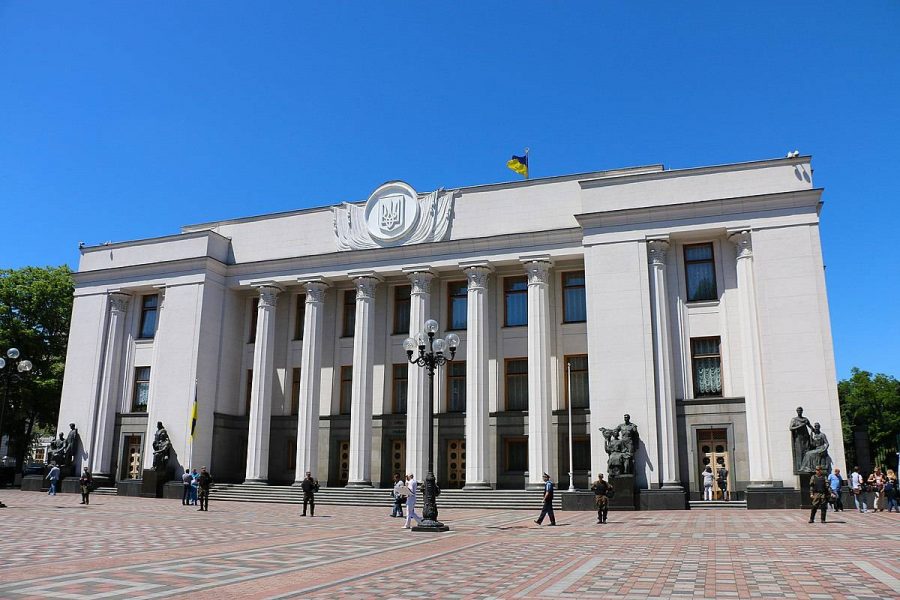Ukrainian government proposes replacing gambling regulator

A draft law has emerged that would dissolve KRAIL and create a new gambling regulator in a bid to speed up licence applications.
Ukraine.- The Ukrainian deputy prime minister and minister for digital transformation Mykhailo Fedorov has submitted a draft law that would dissolve the Commission for the Regulation of Gambling and Lotteries (KRAIL). A new more centralised executive body would regulate the sector.
Fedorov said he had submitted the bill to the state legislature, the Verkhovna Rada, because of KRAIL’s long delays in issuing gambling licences. The problem has been KRAIL’s collegial structure, which requires at least five of its six members to be present at a committee meeting to approve a licence application.
This has proved to be impossible on many occasions since the declaration of martial law in Ukraine following Russia’s invasion in February 2022 because some members of the commission have been in military service. Fedorov said the regulator’s format was imperfect and needed to be reformed because delays were causing the “complete instability of the market, as well as loss of revenues to the budget”.
His draft law proposes the revision of the principles behind the formation and functioning of KRAIL, transforming it into a more centralised executive with one person ultimately responsible for making decisions on Ukraine’s gambling market.
The executive body would be responsible for forming and implementing state policy for gambling and lotteries. Licence applications would be automated to a large extent, saving money and speeding up the time to issuance. Fedorov’s ministry also belives this will make corruption “impossible” and ensure stable revenues to the budget.
KRAIL’s chairman Ivan Rudy has expressed surprise at the draft law, telling local media that the regulator had not been informed about the decision.
“After reviewing the main theses, I see that the proposed changes are, in fact, current legislation. I don’t understand what we are changing,” he said. He also said that KRAIL had been asking for additional members to resolve the issue of not having enough members present at meetings to approve licences.
He also questioned the need for an automated process. “How many new licences do we expect to receive?” he asked. “In three years, about 36 have been issued for operating rights, as well as a large number of licences for gaming equipment. Why waste money and create an automation product for something that has a finite small numerical significance, relatively speaking?”
Ukrainian gambling regulator reports sharp drop in unlicensed sites
The development comes shortly after KRAIL reported success in reducing the number of illegal gambling sites in Ukraine. It says that of 1,895 sites identified, only 727 were still offering unlicensed gambling in the country.
The regulator said the reduction in unlicensed sites was the result of its work to tackle illegal gambling through cooperation with law enforcement agencies. When it detects unlicensed gambling operations, KRAIL passes its information to the Bureau of Economic Security, which advises the National Centre for Operational-Technical Management of Telecommunications Networks to block the offending domains.









